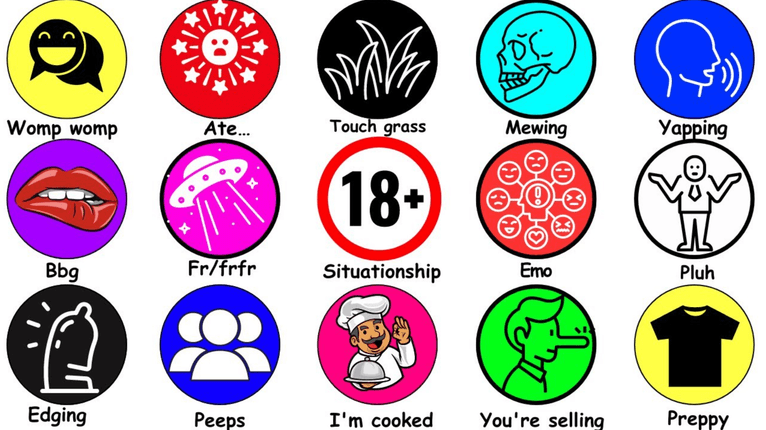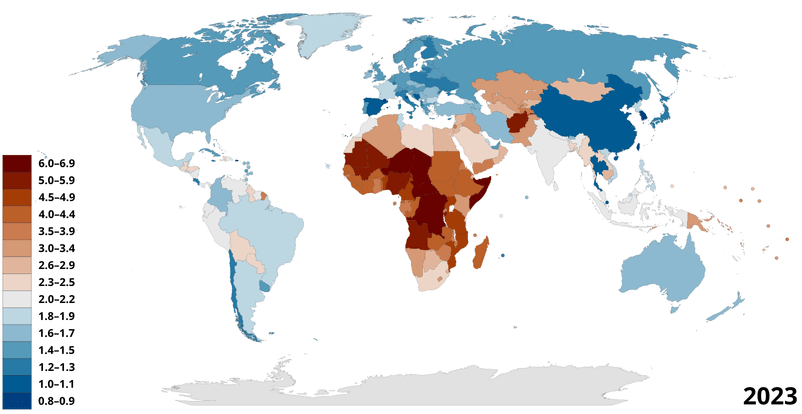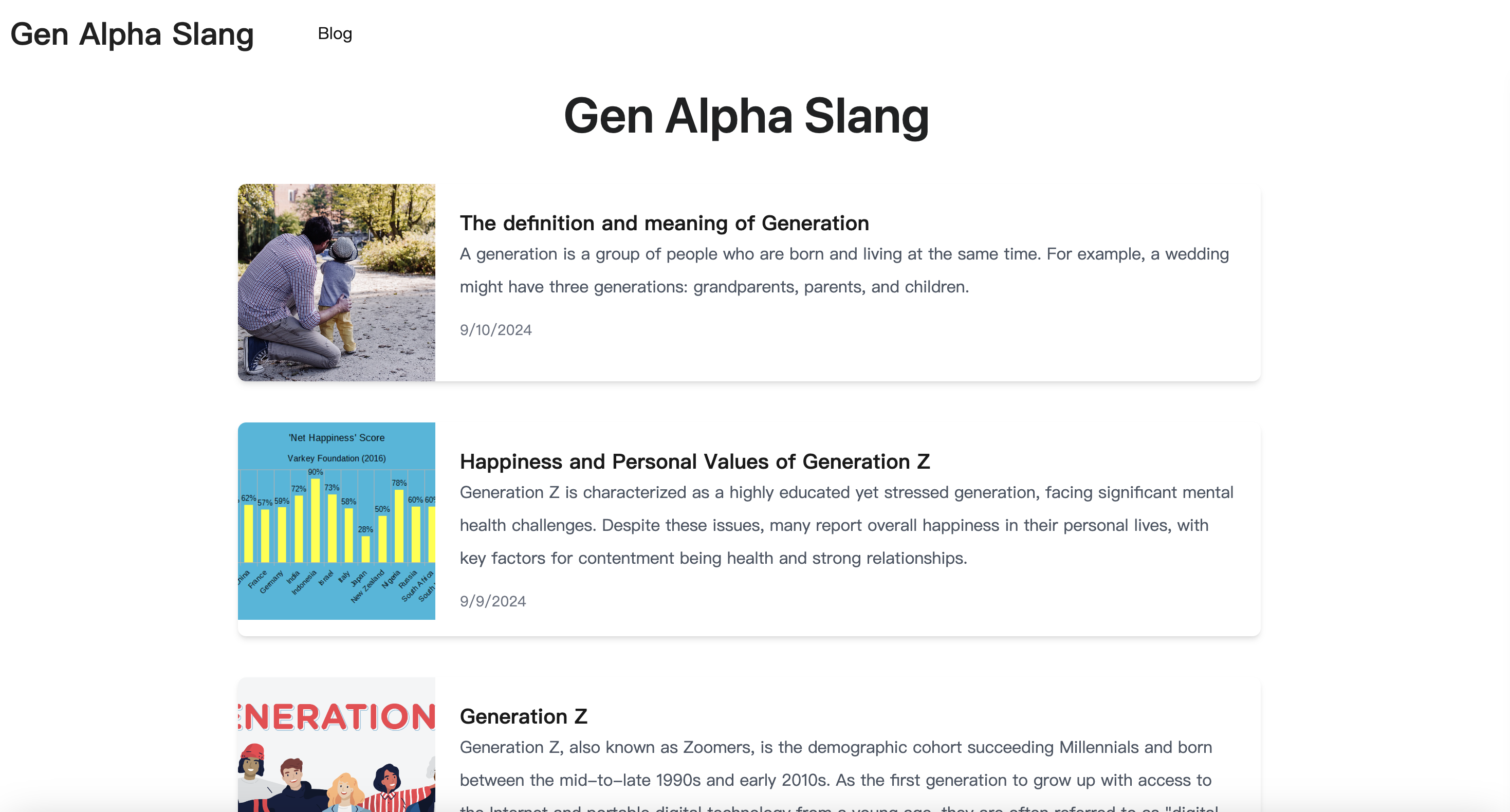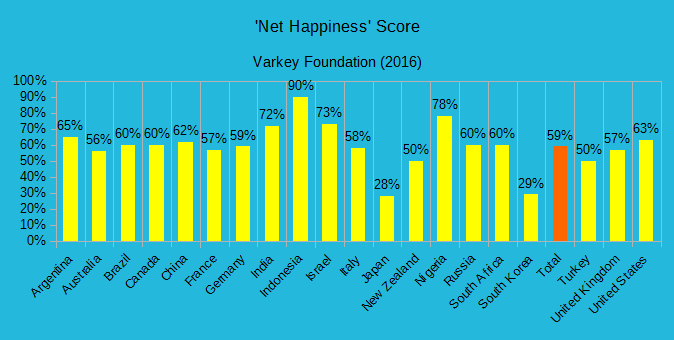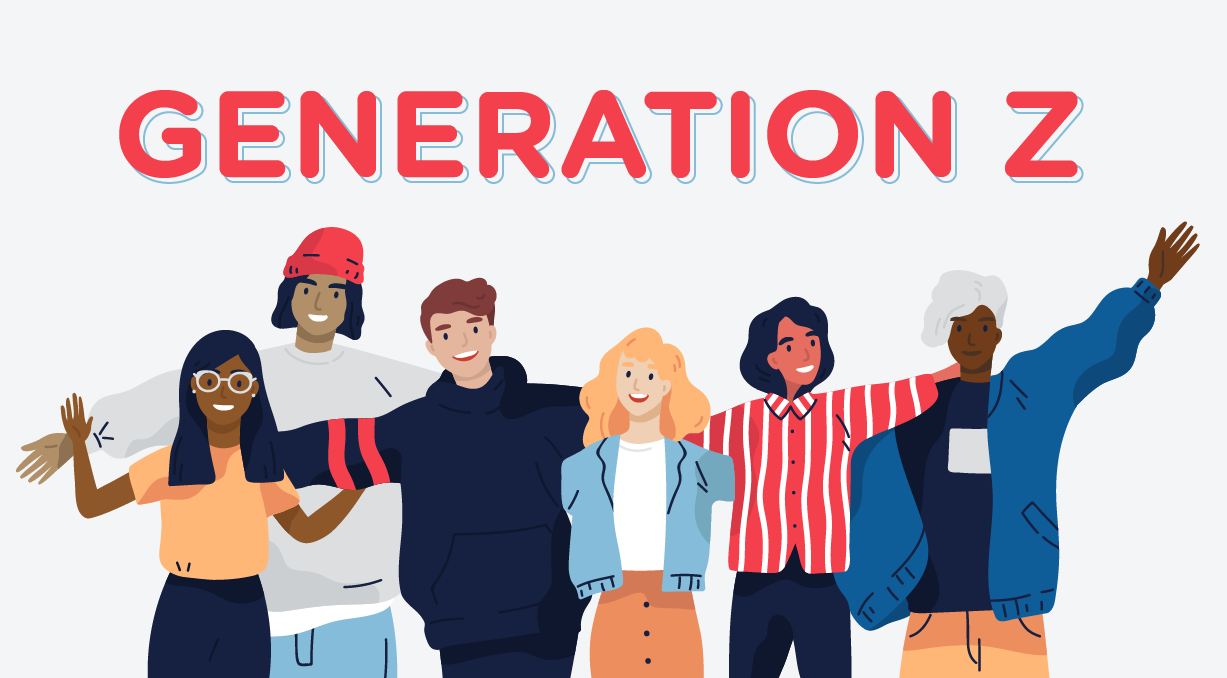Generation Alpha, the cohort born from 2010 onwards, is already making its presence felt online. This generation is developing its own unique slang, heavily influenced by Gen Z, memes, streaming culture, and gaming. Below are some notable slang terms used by Gen Alpha, along with their meanings and examples of usage.
1. "Rizz" – Short for "charisma"
The term "rizz" has gained popularity among Gen Alpha, derived from Gen Z streamers like Kai Cenat. It refers to someone's ability to charm or attract others. The context is crucial; having "W rizz" indicates a high level of charm, while "L rizz" suggests a lack of it. An individual with exceptional charm might be called a "rizzler," and if someone charms effortlessly, they may be said to have "unspoken rizz."
Example: "Wow, she's got some serious rizz."
2. "Fanum tax" – A humorous reference to Twitch streamer Fanum
"Fanum tax" originates from Twitch streamer Fanum, known for "taxing" his friends by taking their food during streams. This term has evolved into a meme among Gen Alpha, used to jokingly justify taking something that belongs to someone else.
Example:
Person 1: "You took my food."
Person 2: "Fanum tax."
3. "Sus" – Short for "suspicious"
The term "sus" is widely used to describe someone acting in a questionable or untrustworthy manner. It became popular through the game "Among Us," where players identify an imposter among them. Although it has ties to AAVE and has sparked discussions about its implications, "sus" remains prevalent among Gen Alpha, particularly gamers.
Example: "Did you see John today? He was acting kind of sus."
4. "Bet" – A modern affirmation
"Bet," a contraction of "you bet," has been used since the '90s and is closely associated with Black culture. It serves as an enthusiastic affirmation, similar to saying "OK."
Example:
Person 1: "Are you still up for hanging out next week?"
Person 2: "Bet."
5. "GOAT" – An acronym for "greatest of all time"
Being called a "GOAT" is a significant compliment, tracing back to Muhammad Ali's nickname. The term has been popularized in recent years, especially with the release of songs and games that reference it. Using the term "GOATed" also conveys the same meaning, and the goat emoji (🐐) is often used as shorthand.
Example 1: "Good game, you're GOATed!"
Example 2: "Did you see the way he won that match? He's the GOAT."
6. "Bussin'" – Signifying something is excellent
"Bussin'" is a term that indicates something is exceptionally good, often used in reference to food. Its roots are in AAVE, and it gained traction on TikTok around 2020, leading to discussions about cultural appropriation. Despite this, it remains popular among Gen Z and Gen Alpha.
Example: "This pizza's bussin'."
7. "Lore" – Referring to background information
In Gen Alpha slang, "lore" refers to the background or story behind a person or subject. When someone asks about your "lore," they are interested in your personal history or experiences.
Example: "What's your favorite MrBeast lore?"
8. "Cap" – Indicating a lie or exaggeration
"Cap" is a term originating from AAVE, historically meaning "to surpass." In modern usage, it signifies that something is untrue or exaggerated. The phrase "no cap" means "no lie," emphasizing honesty.
Example 1:
Person 1: "He said he's going on a date with the girl he sits next to in math class."
Person 2: "He's capping."
Example 2:
Person 1: "There's no way you actually did that."
Person 2: "I did. No cap."
Conclusion
Gen Alpha's slang reflects their unique cultural influences and the rapid evolution of language in the digital age. As they continue to grow and interact online, these terms will likely evolve further, leaving a distinct mark on the linguistic landscape.
